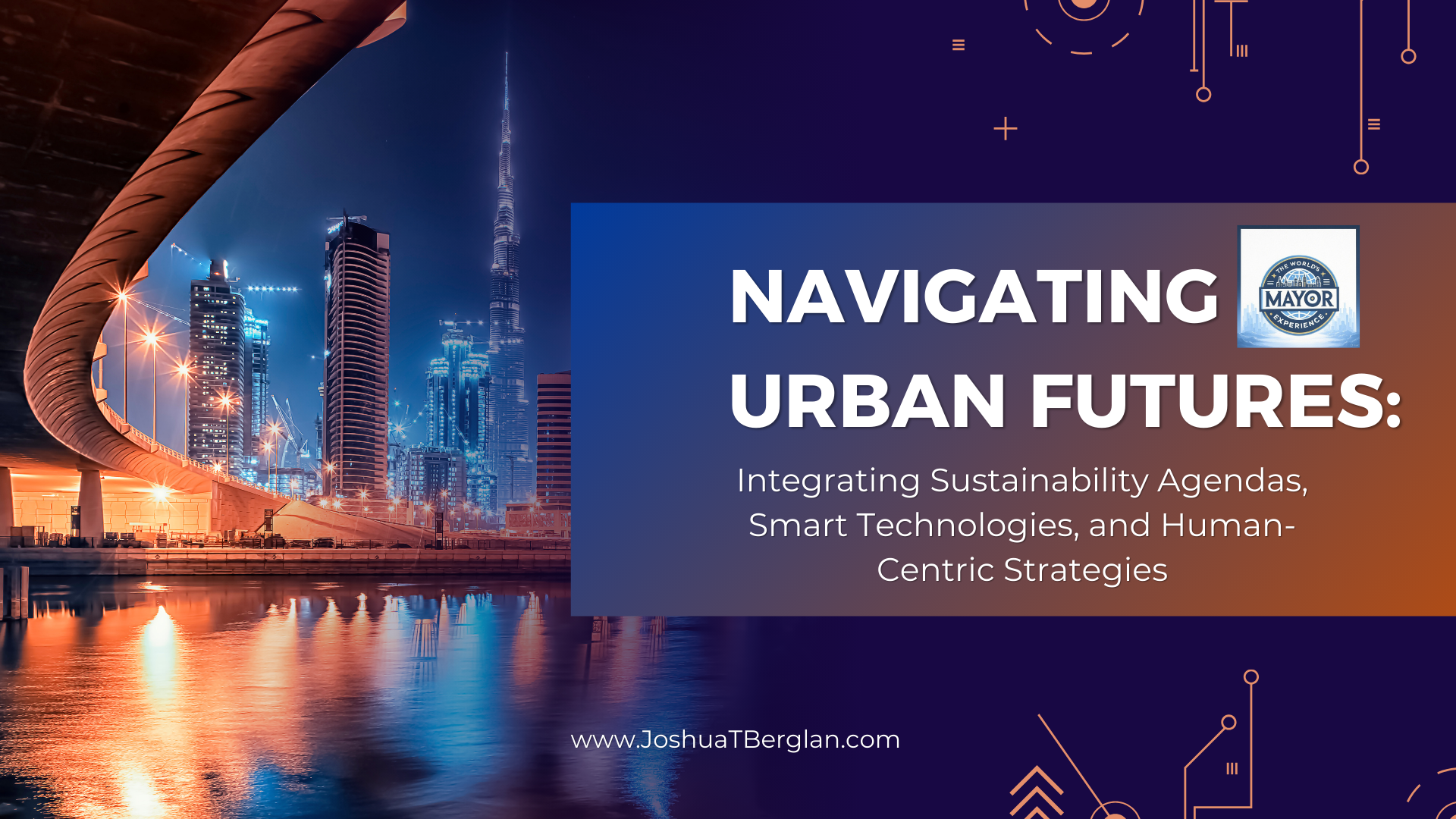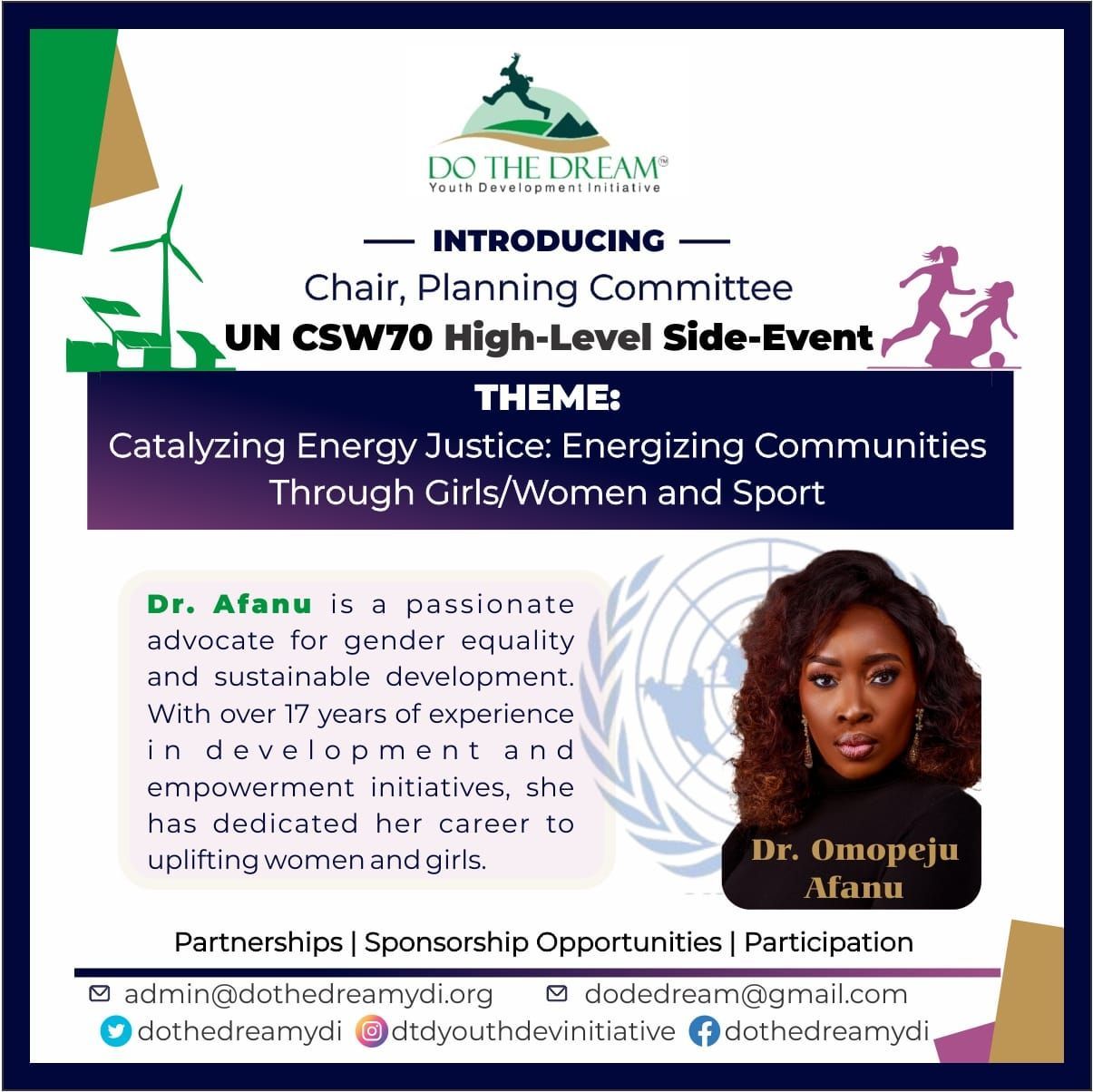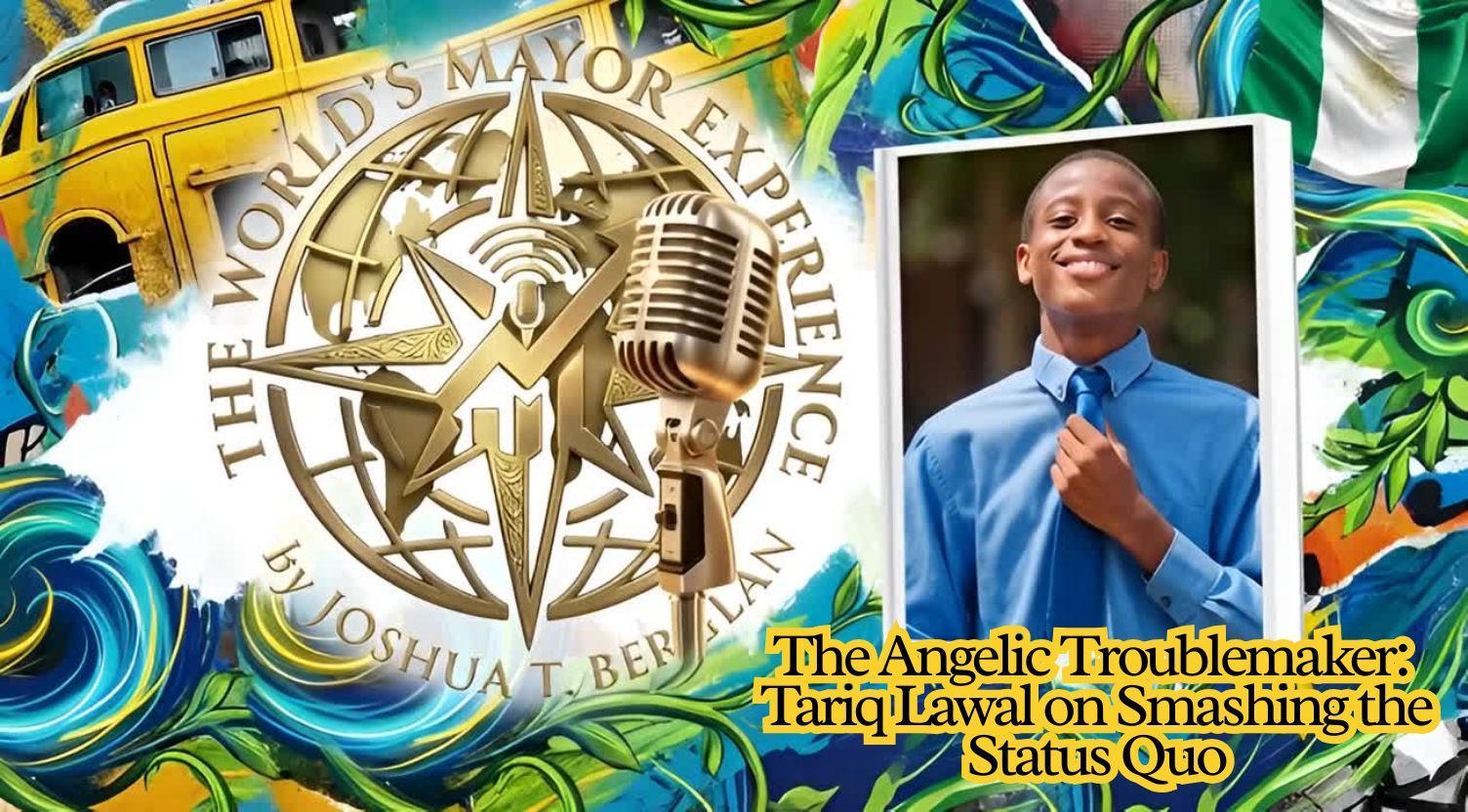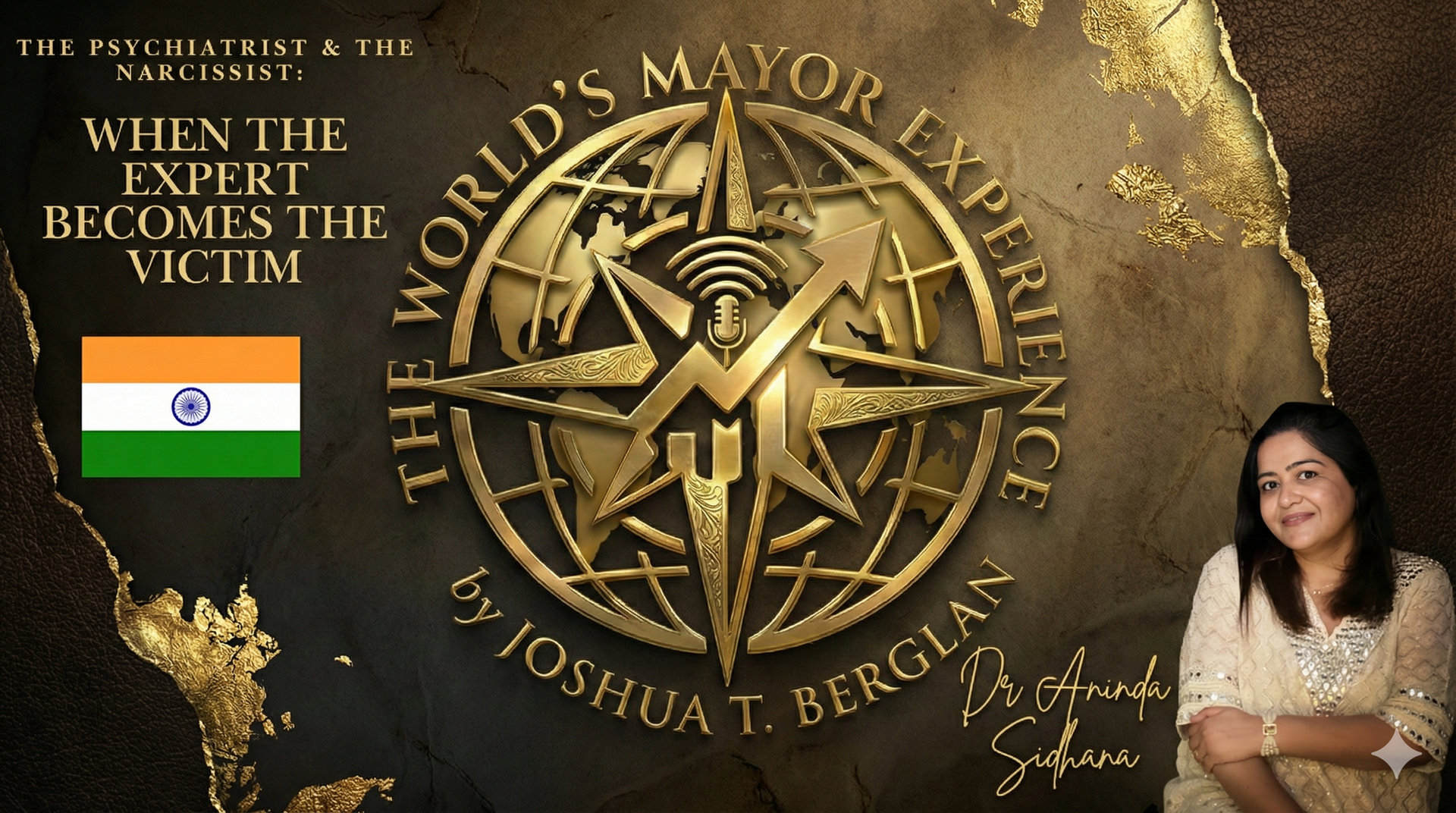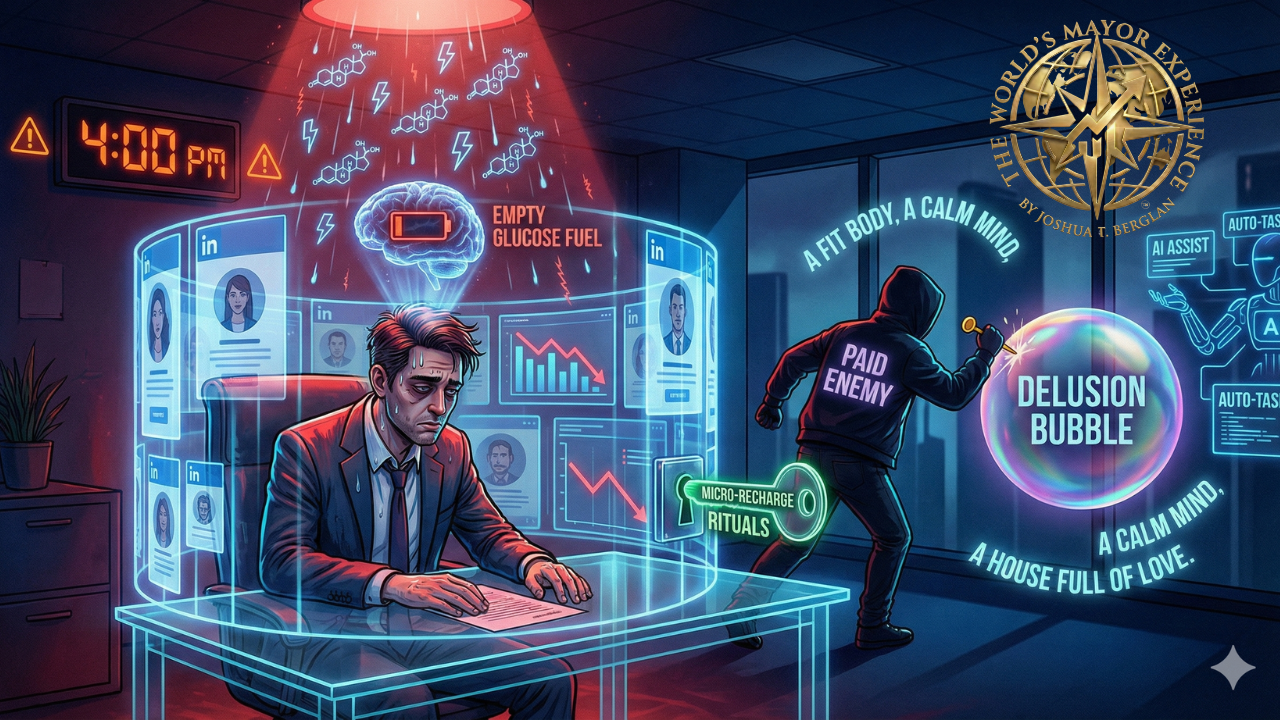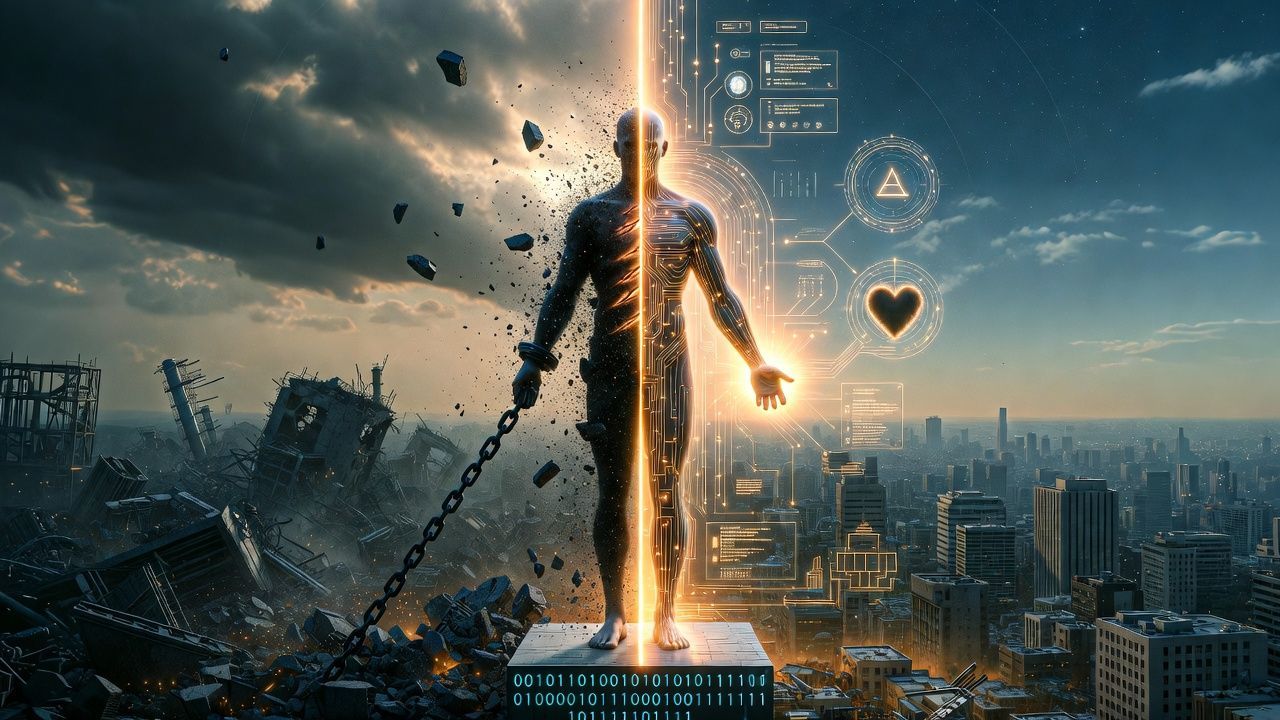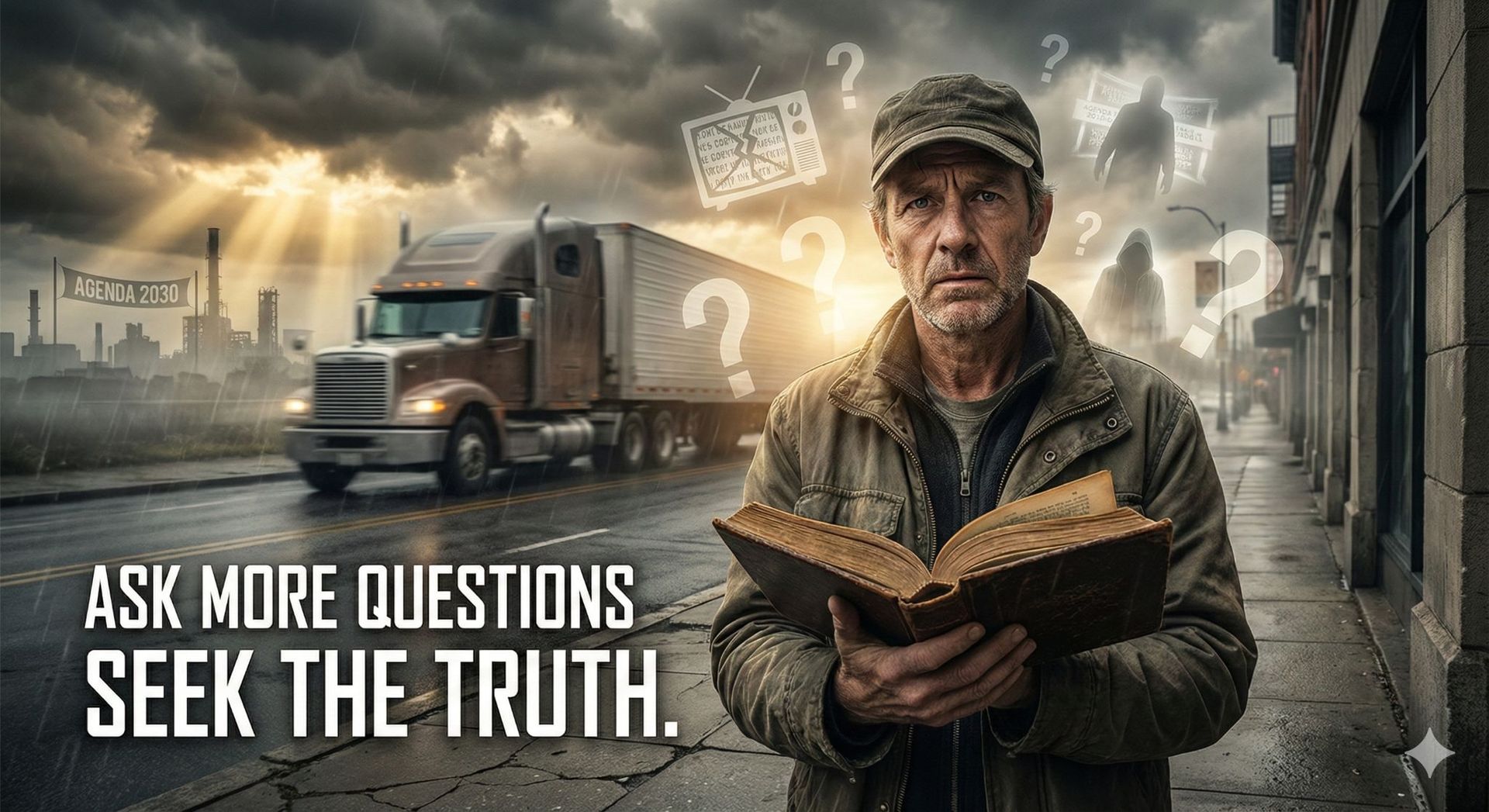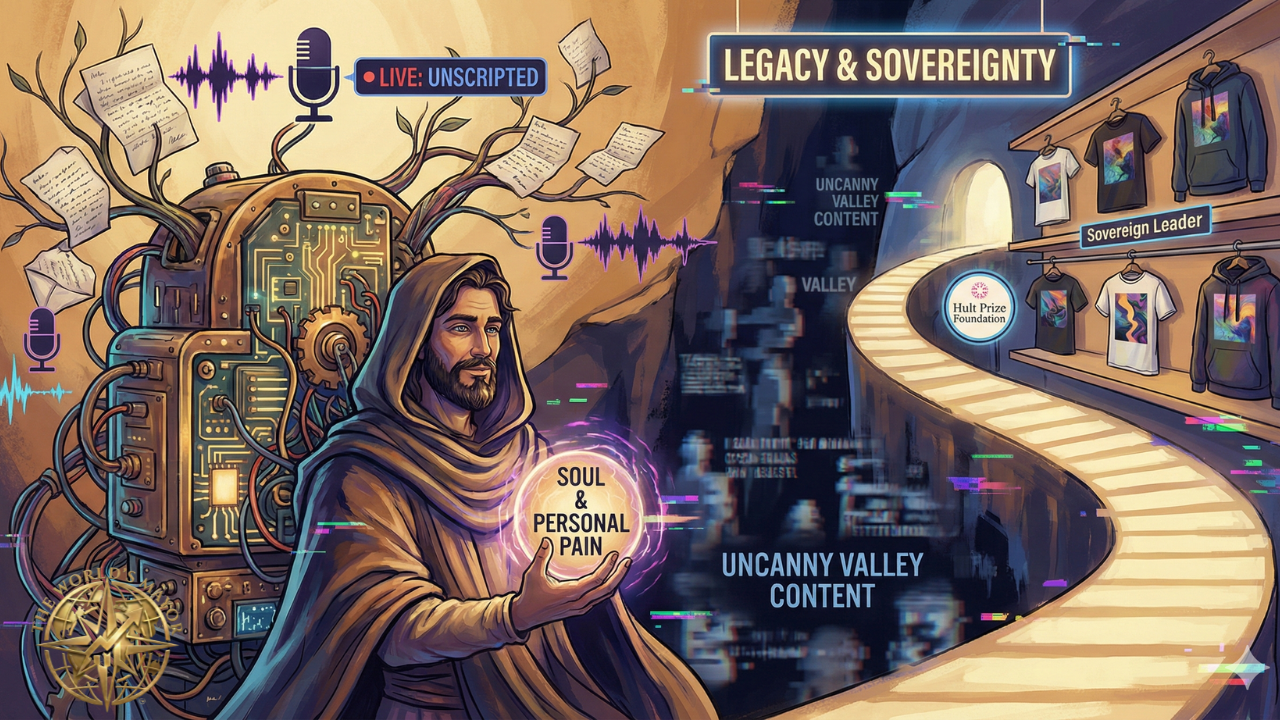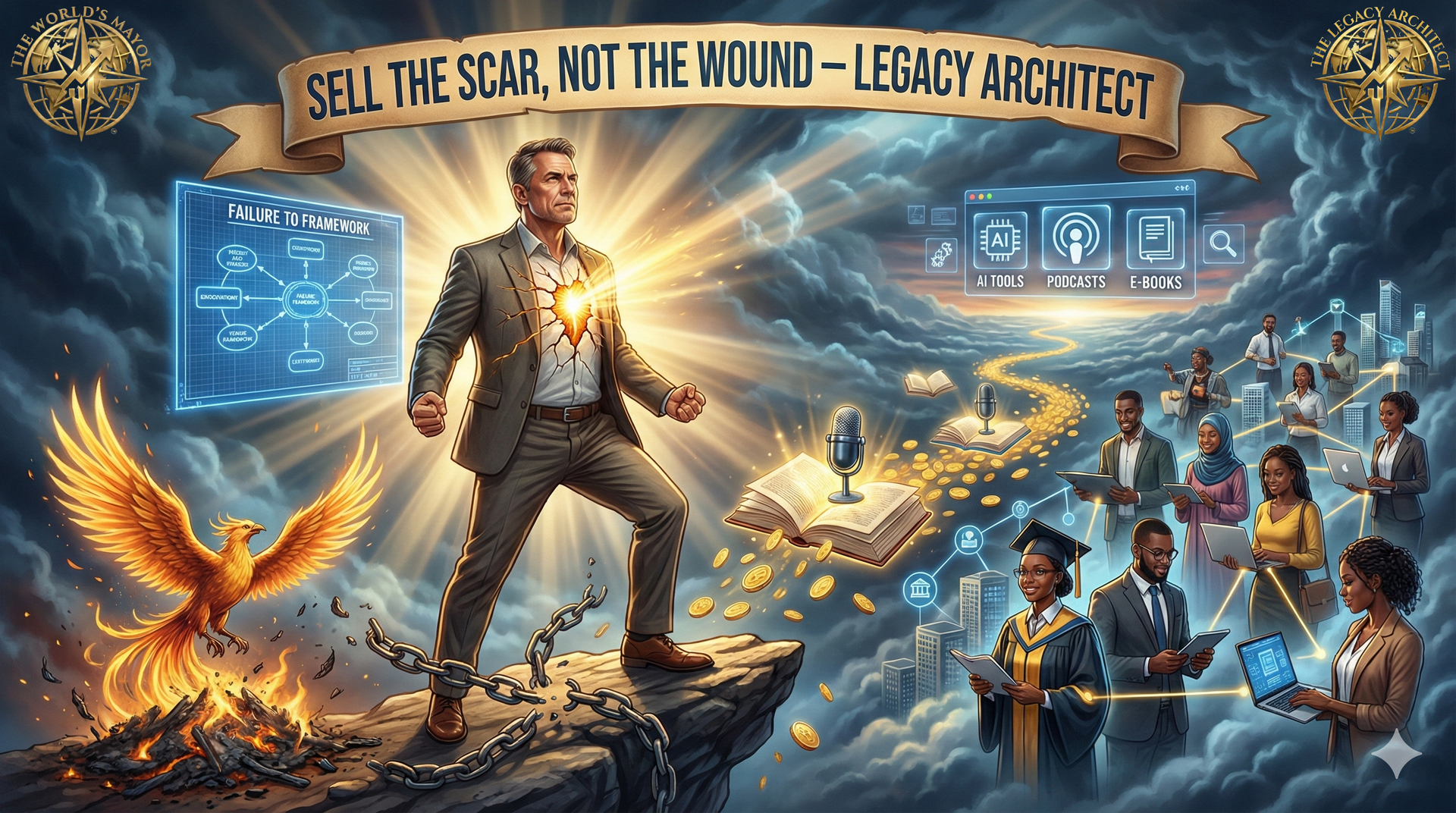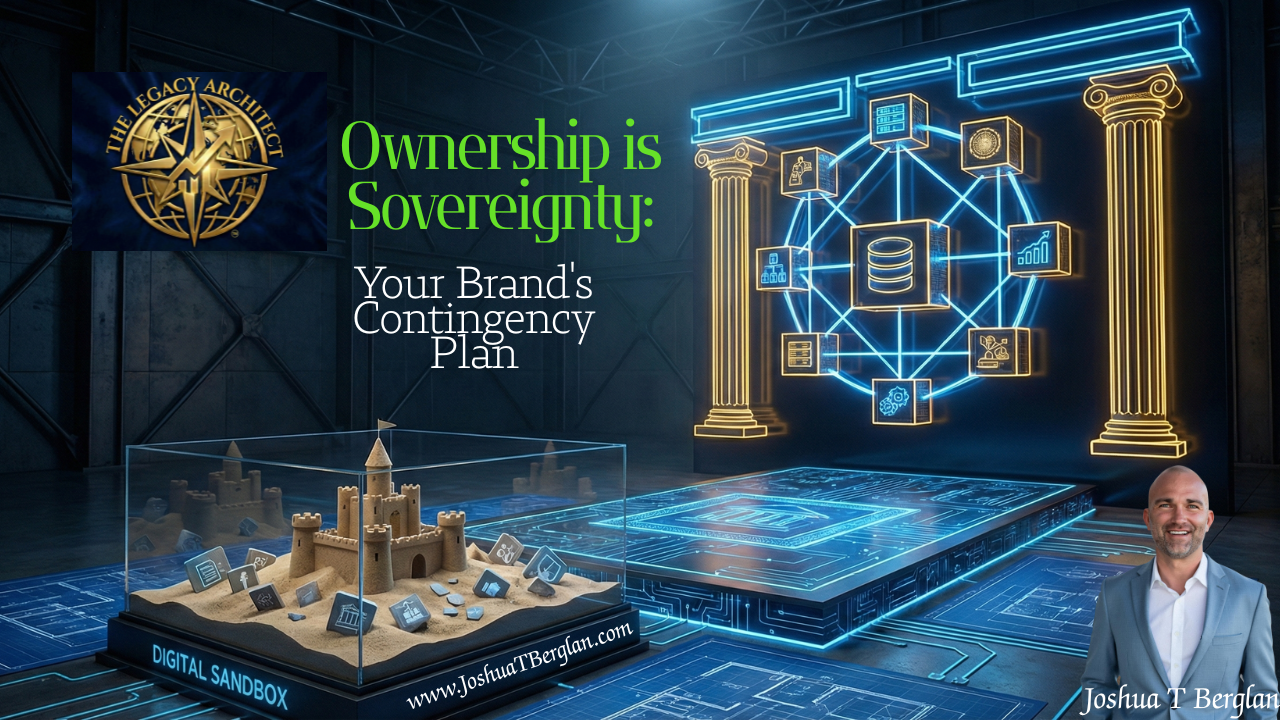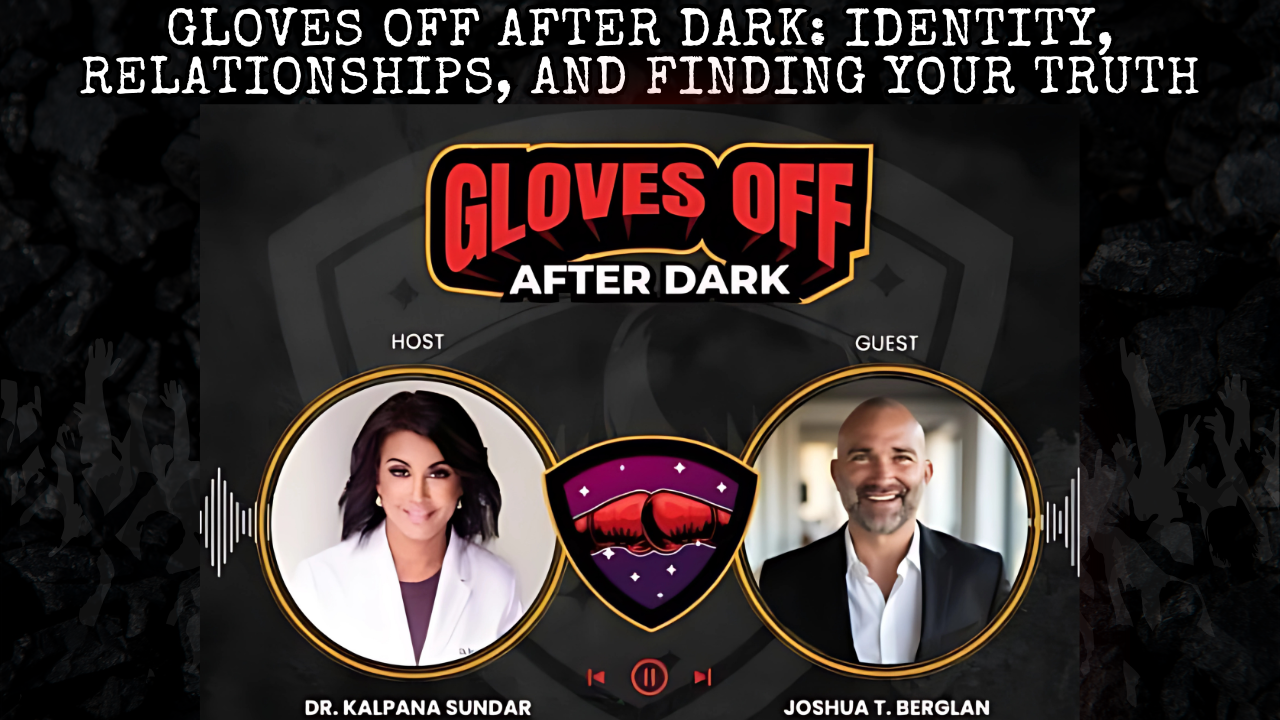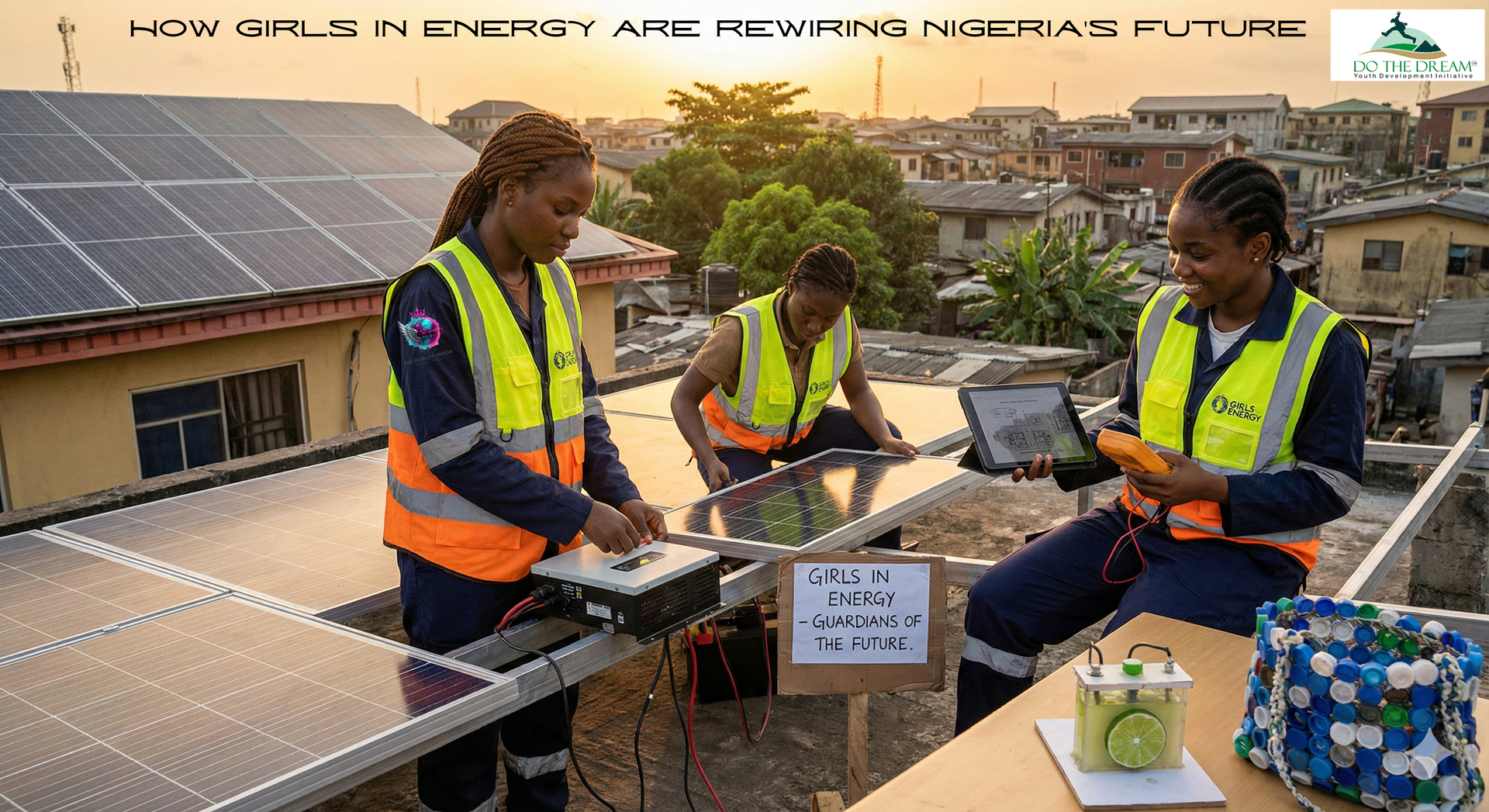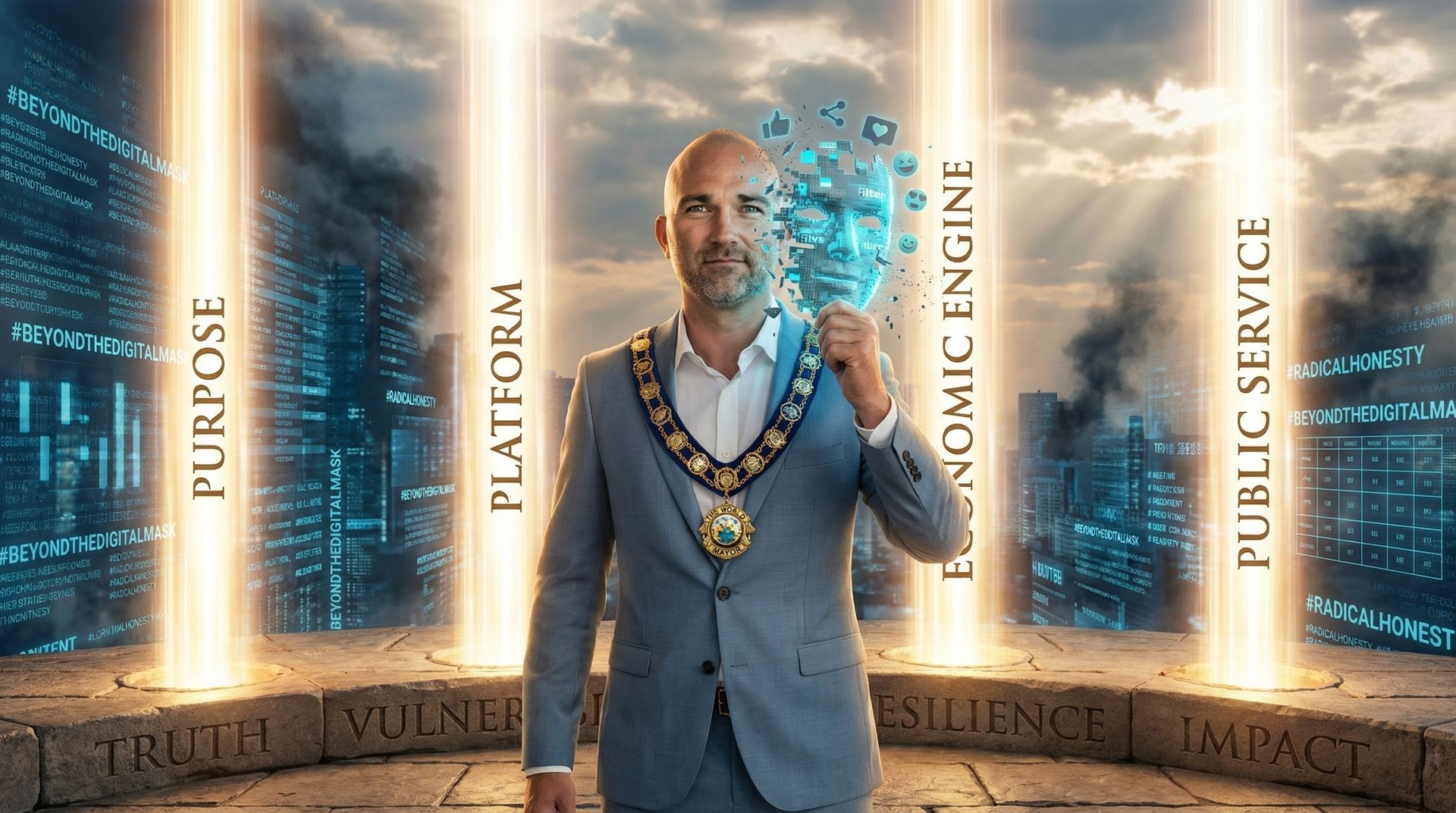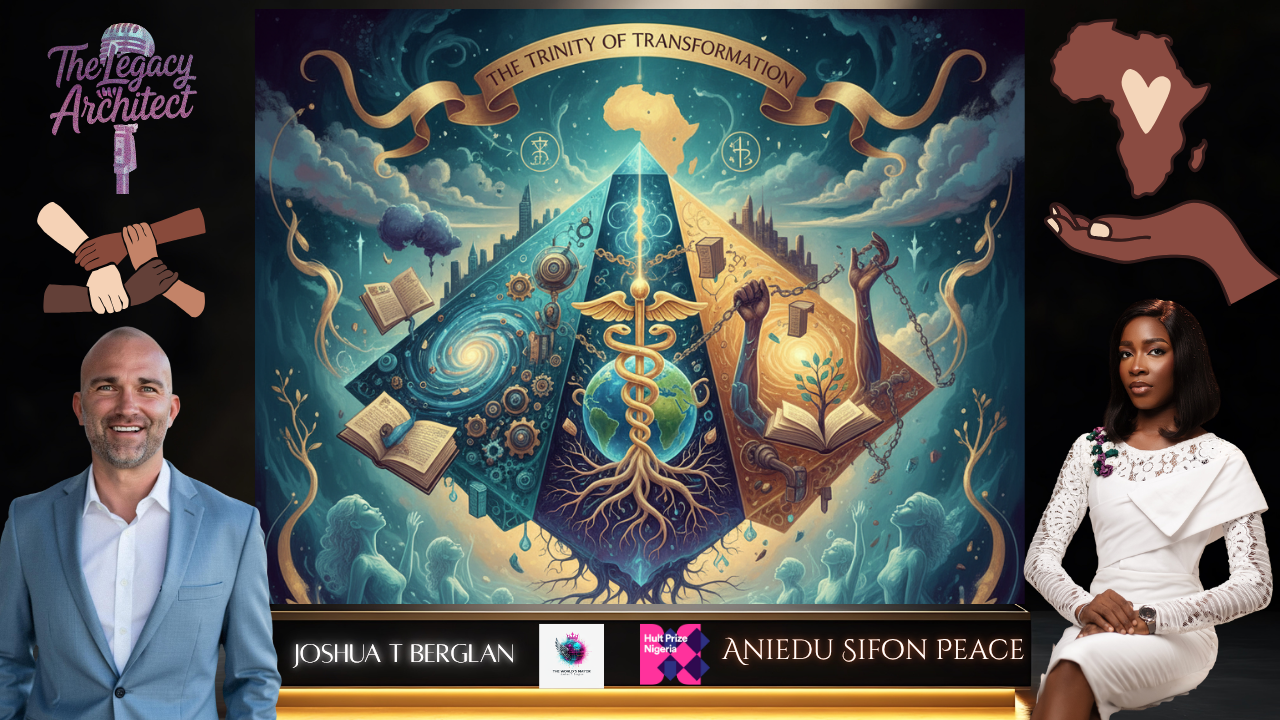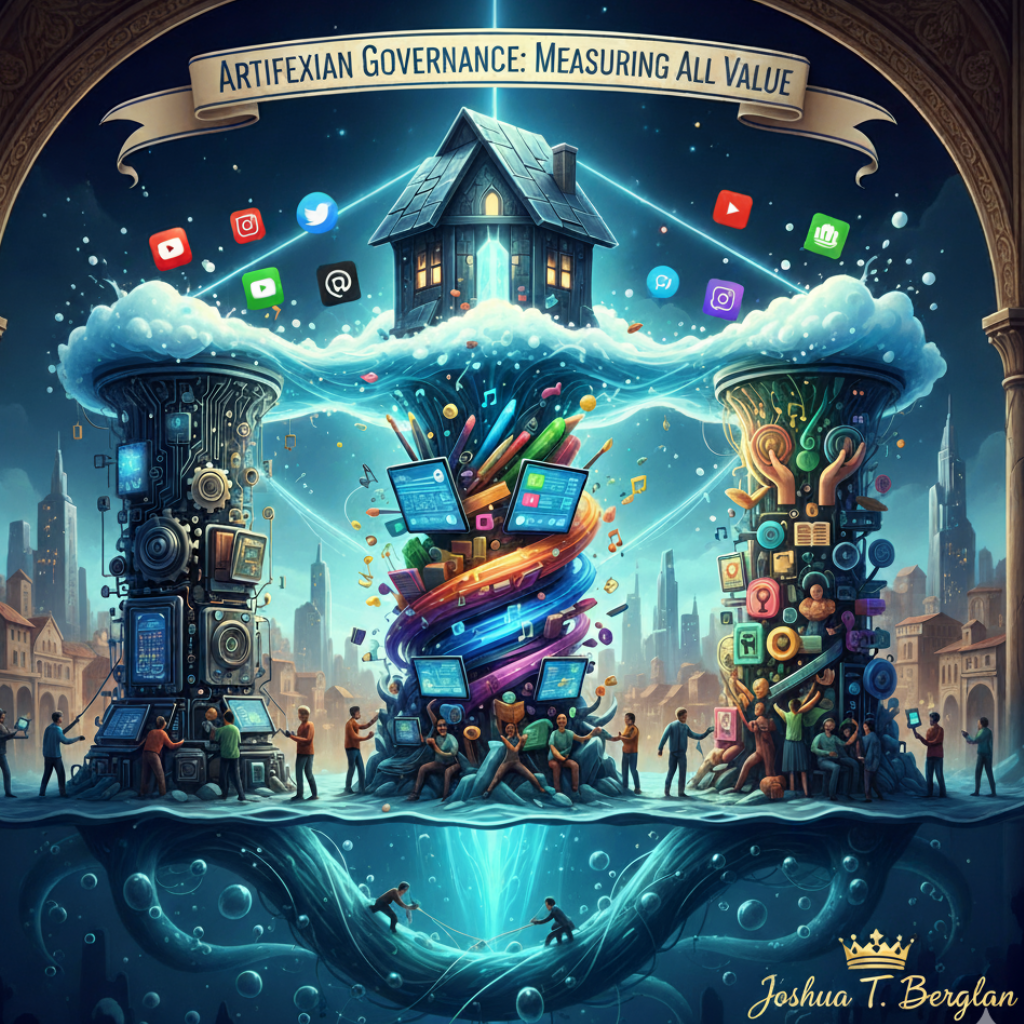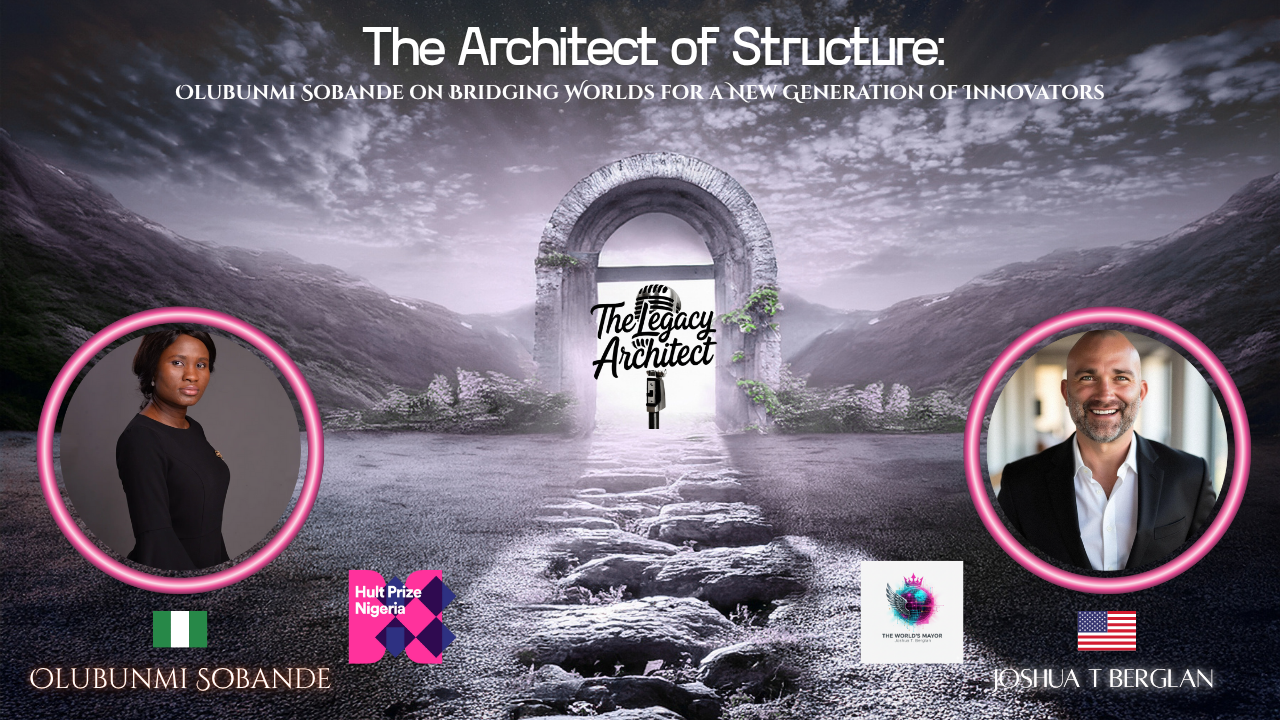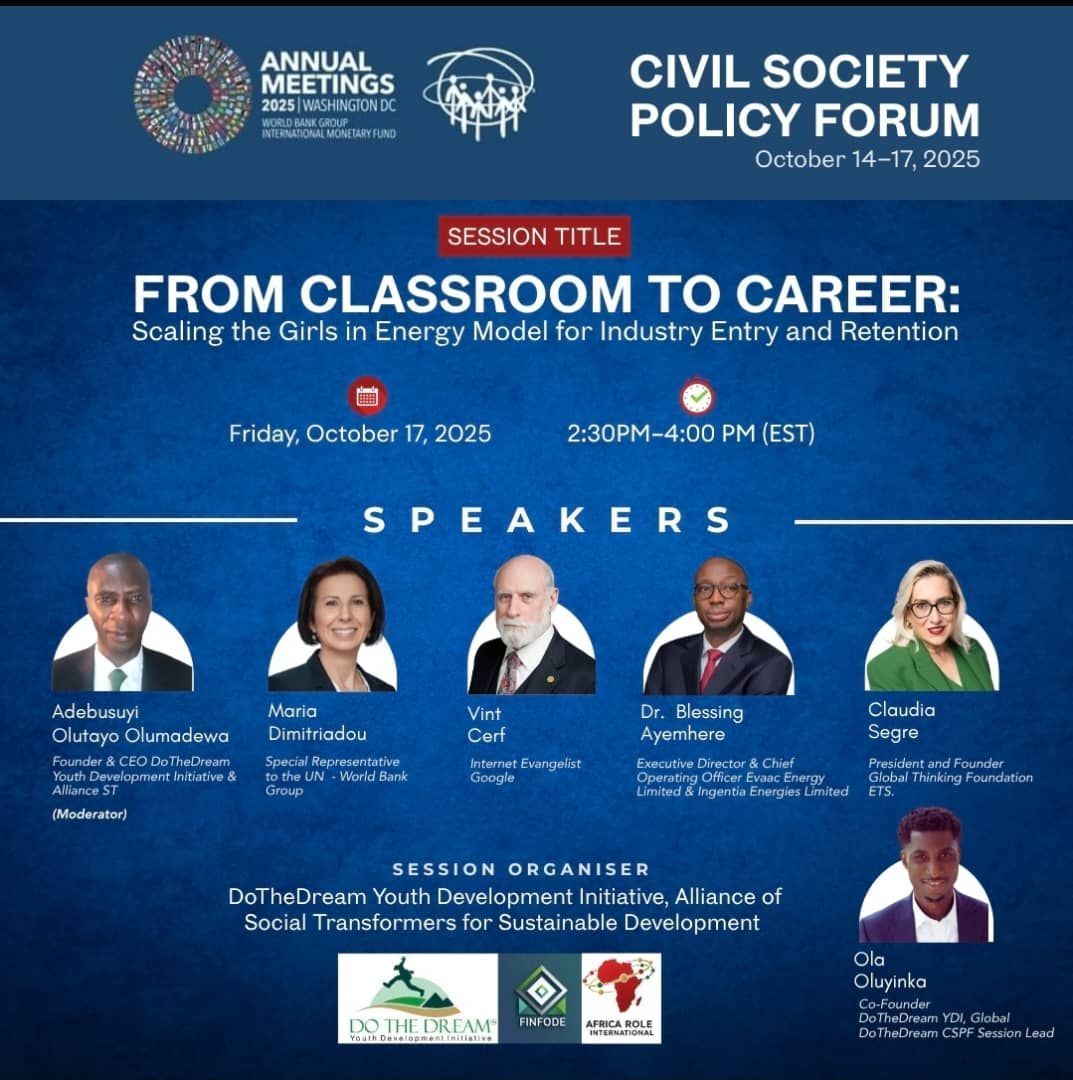1. Introduction
The 21st century is undeniably the urban century. Rapid urbanization stands as a defining global trend, concentrating populations, economic activity, and innovation within city limits at an unprecedented scale. This concentration presents a duality: cities are vibrant hubs of opportunity, driving progress and creativity, yet they are also focal points for profound environmental, social, and economic challenges. [1]
Issues such as social tension, the impacts of climate change, demographic shifts including growing youth populations, and the complexities of migration are amplified in dense urban environments. [1]
Effectively navigating these challenges while harnessing the potential of cities requires forward-thinking strategies that integrate diverse approaches. The path forward for urban development is increasingly shaped by the convergence of global sustainability ambitions, as codified in key United Nations frameworks, and the transformative potential of digital technologies, often encapsulated in the concept of the "Smart City."
This analysis examines four pivotal frameworks that illuminate this complex landscape:
- Agenda 21: The foundational United Nations framework from the 1992 Earth Summit, establishing the initial global consensus on sustainable development. [2]
- The 2030 Agenda for Sustainable Development: The current UN roadmap, adopted in 2015, outlining 17 Sustainable Development Goals (SDGs) as a universal call to action. [3]
- The Smart City Concept: A technology-driven approach to urban management, leveraging Information and Communication Technologies (ICT) and the Internet of Things (IoT) to optimize city services and infrastructure. [4]
- The Rockefeller Foundation's "Transforming Cities" Report (2013): A strategic perspective on urban challenges, emphasizing resilience, equity, and community-driven solutions. [1]
The objective is to dissect these frameworks individually and collectively, exploring the evolution of global sustainability thinking, the implications of the Smart City model, and the intersections with strategic perspectives like those from the Rockefeller Foundation. By identifying key themes, goals, synergies, and tensions, this analysis aims to provide critical insights for policymakers, planners, technologists, and stakeholders shaping sustainable, technologically advanced, resilient, and inclusive urban futures.
2. Agenda 21: Pioneering Sustainable Development
Historical Context and Genesis
Agenda 21 is a landmark achievement from the United Nations Conference on Environment and Development (UNCED), known as the Earth Summit, held in Rio de Janeiro in June 1992. It marked a global acknowledgment that humanity stood at a "defining moment in history". [2]
The context was one of growing concern over socio-economic disparities, persistent poverty, hunger, ill health, illiteracy, and the accelerating deterioration of ecosystems critical to human well-being. [2]
Mandated by UN General Assembly resolution 44/228 (1989), Agenda 21 responded to the inseparability of environmental and development issues, forging a global partnership for sustainable development. [2]
Core Objectives
Agenda 21 aimed to provide a comprehensive blueprint for sustainable development, guiding international, national, and local efforts throughout the 21st century. [2]
Its core objective was integrating environmental protection with socio-economic development to meet basic human needs, improve living standards (especially for the poor), protect ecosystems, and secure a safer, more prosperous future. [2]
It emphasized shared responsibility, with national governments leading implementation, supported by international cooperation and the UN system’s coordination. [2]
Key Action Areas
Agenda 21’s breadth is remarkable, structured into four sections with 40 chapters addressing nearly every facet of sustainable development. [2]
- Social and Economic Dimensions: Tackled poverty alleviation, sustainable consumption, demographic dynamics, human health, sustainable settlements, and integrating environment into decision-making. [2]
- Conservation and Management of Resources: Covered atmosphere protection, land management, deforestation, fragile ecosystems, sustainable agriculture, biodiversity, oceans, freshwater, and waste management. [2]
- Strengthening Major Groups: Engaged women, youth, indigenous peoples, NGOs, local authorities, workers, businesses, scientists, and farmers. [2]
- Means of Implementation: Addressed finance, technology transfer, science, education, capacity building, institutional arrangements, legal instruments, and information for decision-making. [2]
Urban Relevance
While global, Agenda 21 had significant urban focus. Chapter 7 promoted sustainable human settlements, improving social, economic, and environmental quality, especially for the poor. [2]
Chapter 28 highlighted local authorities’ role in translating global goals into municipal action. [2]
Resource management chapters (e.g., freshwater, waste, air pollution) were also urban-relevant. [2]
Agenda 21 was groundbreaking in establishing sustainable development globally but focused on broad action areas rather than quantifiable targets. [2]
This process-oriented approach built consensus but left implementation to national discretion, lacking explicit monitoring mechanisms. [2]
3. The 2030 Agenda: A Global Roadmap
Introduction and Vision
Adopted in 2015 by all UN Member States, the 2030 Agenda for Sustainable Development builds on Agenda 21 and the Millennium Development Goals (MDGs), addressing unfinished and emerging challenges. [3]
It envisions a "plan of action for people, planet, and prosperity," strengthening peace and freedom. [3]
Eradicating poverty is its core challenge, underpinned by human rights, gender equality, and balanced economic, social, and environmental dimensions. [3]
The 17 Sustainable Development Goals (SDGs)
The 2030 Agenda’s core comprises 17 SDGs, addressing poverty, hunger, health, education, gender equality, water, energy, economic growth, infrastructure, inequality, cities, consumption, climate, oceans, terrestrial ecosystems, peace, and partnerships. [3]
These goals recognize deep interconnections across global challenges. [3]
Targets and Measurability
Unlike Agenda 21, the 2030 Agenda includes 169 targets, providing specific, often quantifiable objectives by 2030. [3]
Examples include eradicating extreme poverty, increasing renewable energy, and ensuring safe housing. [3]
This structure enhances monitoring and accountability. [3]
Focus on Cities (SDG 11)
SDG 11, "Make cities inclusive, safe, resilient, and sustainable," targets housing, transport, urbanization, heritage, disaster resilience, environmental impact, and public spaces. [3]
It underscores cities’ critical role in sustainability. [3]
The 2030 Agenda’s universal approach applies to all nations, with measurable targets reflecting lessons from Agenda 21 and MDGs, driving action and accountability by 2030. [3]
4. Evolution from Rio to New York
Comparing Agenda 21 (1992) [2]
and the 2030 Agenda (2015) [3]
reveals continuity and evolution over 23 years.
Direct Comparison
- Scope: Both are comprehensive, but Agenda 21’s 40 chapters are descriptive, while the 2030 Agenda focuses on 17 Goals. [2]
[3]
- Specificity: The 2030 Agenda’s 169 targets are quantitative and time-bound, unlike Agenda 21’s broad objectives. [2]
[3]
- Focus: Agenda 21 defined problems and processes; the 2030 Agenda targets measurable outcomes. [2]
[3]
- Approach: Agenda 21 built consensus; the 2030 Agenda is an actionable plan. [2]
[3]
- Universality: Agenda 21 differentiated developed/developing roles; the 2030 Agenda applies universally. [2]
[3]
Table 1: Agenda 21 vs. 2030 Agenda
| Feature |
Agenda 21 (1992) |
2030 Agenda (2015) |
| Origin |
UNCED, Rio de Janeiro |
UN Sustainable Development Summit, New York |
| Timeframe |
21st century, no end date |
By 2030 |
| Structure |
4 Sections, 40 Chapters |
17 SDGs, 169 Targets |
| Specificity |
Broad objectives |
Quantitative, time-bound targets |
| Focus |
Concepts, processes, stakeholder roles |
Measurable outcomes |
| Applicability |
Global, differentiated responsibilities |
Universal, national realities |
| Urban Element |
Chapter 7, 28 |
SDG 11 |
| Monitoring |
National reporting |
Robust review, indicators |
The 2030 Agenda builds on Agenda 21’s principles—integration, interconnectedness, participation—operationalizing them into a targeted, measurable framework. [2]
[3]
5. The Smart City Paradigm
Definition and Core Concept
A "Smart City" uses ICT and IoT to collect data from citizens, sensors, and infrastructure, optimizing services like traffic, energy, water, waste, and public safety. [4]
Real-time data enables dynamic governance, with information shared across government, businesses, and citizens. [4]
Key investments include surveillance, transit, and lighting. [4]
Core Components
- Connectivity: IoT networks enable data collection. [4]
- Data-Driven Decisions: AI and analytics inform governance. [4]
- Sustainable Infrastructure: Smart buildings and grids reduce environmental impact. [4]
- Urban Optimization: Efficient resource use improves living standards. [4]
- Citizen Engagement: Digital platforms enhance participation. [4]
- Smart Mobility: Integrated transport optimizes traffic. [4]
- Public Services: Technology improves healthcare, education, and utilities. [4]
Enabling Technologies
Smart cities rely on wireless networks, IoT sensors, cloud computing, AI, mobile devices, GIS, digital twins, and blockchain. [4]
Benefits
Smart cities promise efficiency, citizen engagement, responsiveness, quality of life, and sustainability through optimized resources and cleaner transport. [4]
Criticisms
- Surveillance and Privacy: Data collection risks mass surveillance. [4]
- Techno-Solutionism: Over-reliance on technology neglects social solutions. [4]
- Equity: Benefits may exclude marginalized groups. [4]
- Infrastructure Risks: Cyberattacks threaten networked systems. [4]
- Cost and Relevance: High costs may be impractical for some cities. [4]
- Environmental Footprint: Hardware production offsets gains. [4]
Smart cities are tools, not goals. Outcomes depend on governance, prioritizing equity, privacy, and sustainability. [4]
6. Synergies and Challenges: Smart Cities and SDGs
The Smart City concept [4]
aligns with SDGs [3]
and Agenda 21 [2]
but faces tensions requiring governance.
Synergies
- SDG 11: Smart mobility, planning, and waste systems support sustainable cities. [3]
- SDG 7: Smart grids enhance renewable energy and efficiency. [3]
- SDG 9: Smart infrastructure fosters innovation. [3]
- SDG 6: Sensors optimize water management. [3]
- SDG 12: Analytics reduce waste. [3]
- SDG 13: Efficiency aids climate action. [3]
- SDG 16: E-governance boosts transparency, but surveillance risks privacy. [3]
- Agenda 21: Technologies align with information and resource management goals. [2]
Challenges
- Equity vs. Efficiency: Tech may deepen inequalities. [4]
[2]
- Privacy vs. Security: Surveillance threatens rights. [3]
- Environmental Footprint: Hardware impacts offset gains. [4]
[3]
- Top-Down vs. Bottom-Up: Corporate-driven projects may sideline communities. [2]
[4]
Table 2: Smart City Components vs. SDGs
| Component |
SDGs |
Synergies |
Conflicts |
| IoT Sensors |
6, 7, 11, 13 |
Water, air, energy, climate monitoring |
Privacy, e-waste, surveillance |
| AI & Analytics |
7, 9, 11, 12 |
Traffic, energy, resource optimization |
Bias, transparency, ethical concerns |
| Smart Grids |
7, 11, 13 |
Renewables, efficiency, resilience |
Costs, cybersecurity, access |
| Transport Systems |
3, 9, 11 |
Emissions, safety, efficiency |
Privacy, exclusion, infrastructure focus |
| E-Governance |
11, 16 |
Participation, transparency |
Digital divide, control risks |
| Surveillance |
11, 16 |
Crime deterrence, traffic |
Privacy invasion, discrimination |
Robust governance is critical to align smart cities with SDGs and Agenda 21, prioritizing equity, privacy, and sustainability. [2]
[3]
[4]
7. Rockefeller Foundation’s Vision: Resilience and Equity
The Rockefeller Foundation’s 2013 report, "Transforming Cities," complements global agendas and smart city narratives, emphasizing resilience and equity. [1]
Core Argument
The report argues that rapid urbanization demands innovative, adaptable strategies to address social tensions, climate shocks, and demographic pressures. [1]
Without action, cities risk losing their potential as engines of progress. [1]
Proposed Transformations
- Livelihoods and Equity: Job creation to reduce poverty. [1]
- Grassroots Action: Decentralized solutions for marginalized communities. [1]
- Community Data: Data forums to empower locals. [1]
- Land Use: Creative, public-focused land optimization. [1]
- Collaboration: Multi-stakeholder partnerships. [1]
- Innovation: Experimentation for breakthroughs. [1]
Connections
The report corrects smart city top-down tendencies, aligning with SDGs (1, 8, 10, 11, 13, 6, 7, 17) and Agenda 21’s participatory principles. [1]
[2]
[3]
[4]
8. Integrating Strategies for Urban Success
The frameworks—Agenda 21, the 2030 Agenda, Smart Cities, and Rockefeller’s vision—form a trajectory from principles to actionable, tech-enabled, equitable strategies. [1]
[2]
[3]
[4]
An integrated approach includes:
- SDGs as Goals: Align urban efforts with global targets. [3]
- Strategic Technology: Use smart tools purposefully. [4]
- Equity by Design: Ensure inclusion and participation. [1]
[2]
- Resilience: Prepare for shocks. [1]
[3]
- Partnerships: Foster collaboration. [1]
[2]
[3]
This paradigm balances goals, technology, inclusion, and resilience through ethical governance. [1]
[2]
[3]
[4]
9. Conclusion: Toward Sustainable, Smart, Inclusive Cities
The frameworks collectively offer a hopeful vision for urban futures, balancing global goals, technological potential, and human-centric values. [1]
[2]
[3]
[4]
Technology must serve sustainability and equity, guided by robust governance to address surveillance, equity, and environmental challenges. [3]
[4]
Cities require deliberate choices, transparency, and collaboration to become thriving, resilient environments. [1]






